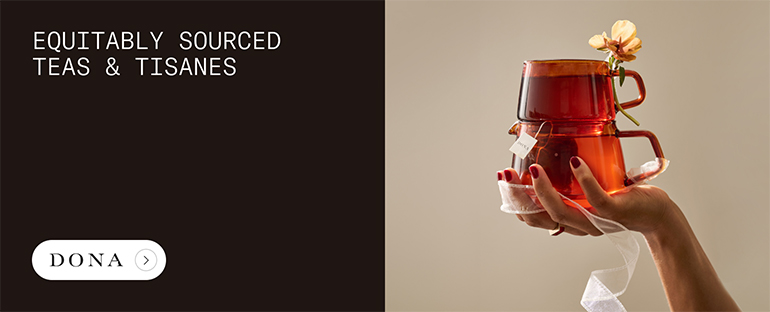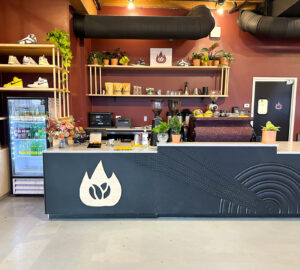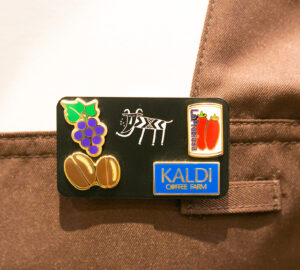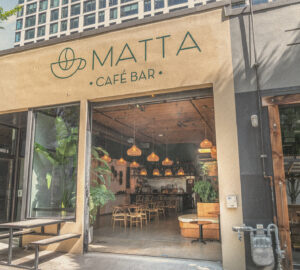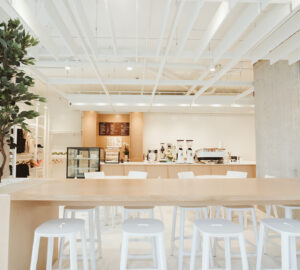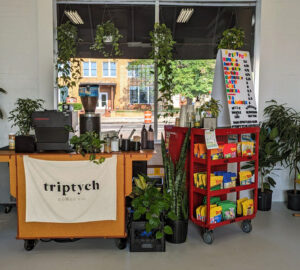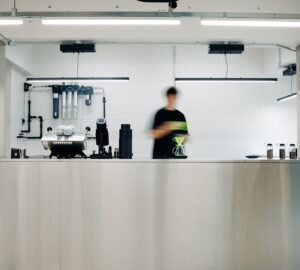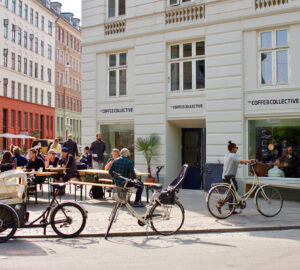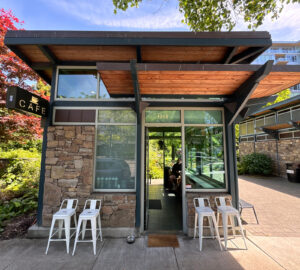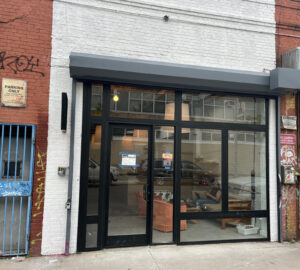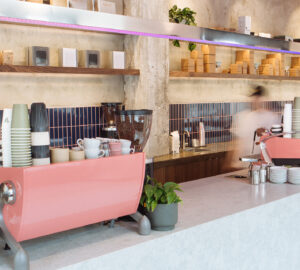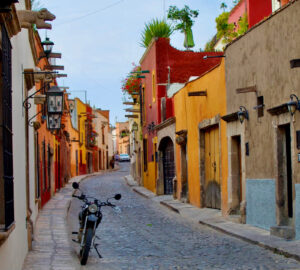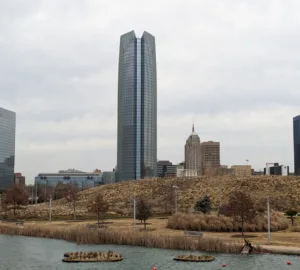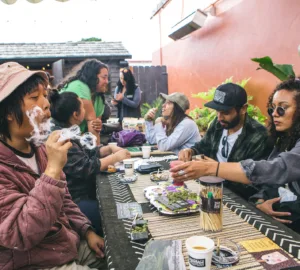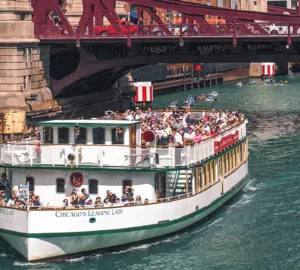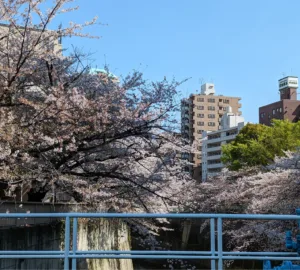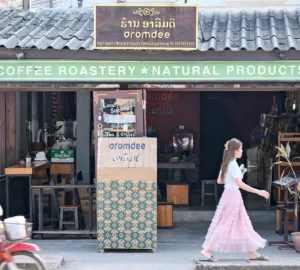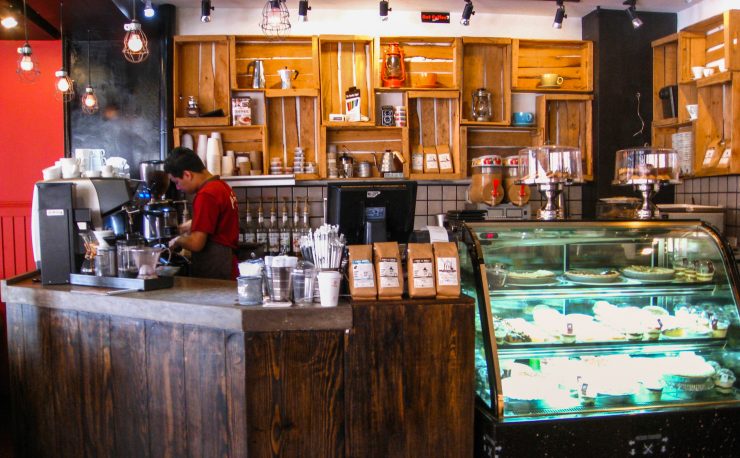
One World Barista Champion. Seven National Barista Champions. Three locations. Quality specialty coffee at origin. Federico Bolanos and his wife, Lily, have a long legacy in El Salvador with Viva Espresso. They started over a decade ago and built a business based on quality coffee in a coffee-producing country and creating barista champions and ambassadors. By dedicating themselves to high standards of quality and constantly improving how they do business, the Bolanos have inspired a growing trend for specialty coffee in San Salvador and other neighboring cities.
When Viva Espresso barista Alejandro Mendez won the World Barista Championship in 2011, he became the first barista from a coffee-growing country to achieve this feat*. In 2013 and 2014, Viva was represented at the WBC by William Hernandez, who advanced all the way to the WBC Finals during the 2014 tournament. This international success has put Viva Espresso on the map for many coffee lovers around the world, and made the roastery cafe a major destination for coffee tourists in El Salvador.
My first visit to Viva Espresso happened as part of a cafe crawl of San Salvador. I was curious to see what the coffee scene was like in a major city in a coffee-growing country. Viva Espresso stood out, with an influence felt across the small and growing specialty coffee scene in El Salvador—a country still largely dominated by popular chains.
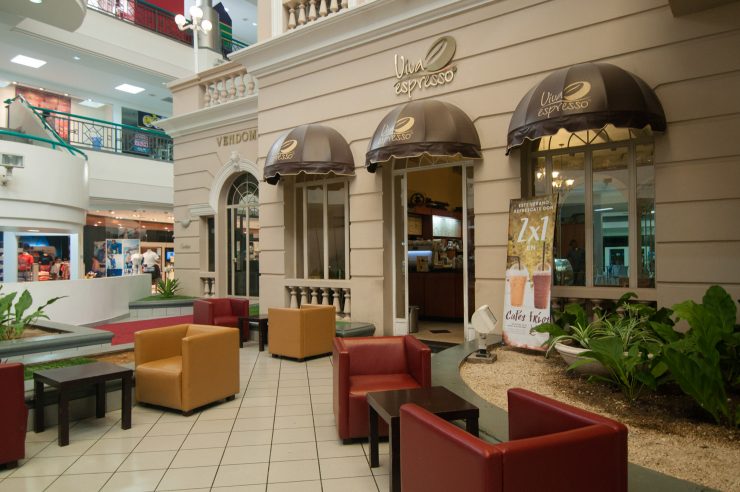
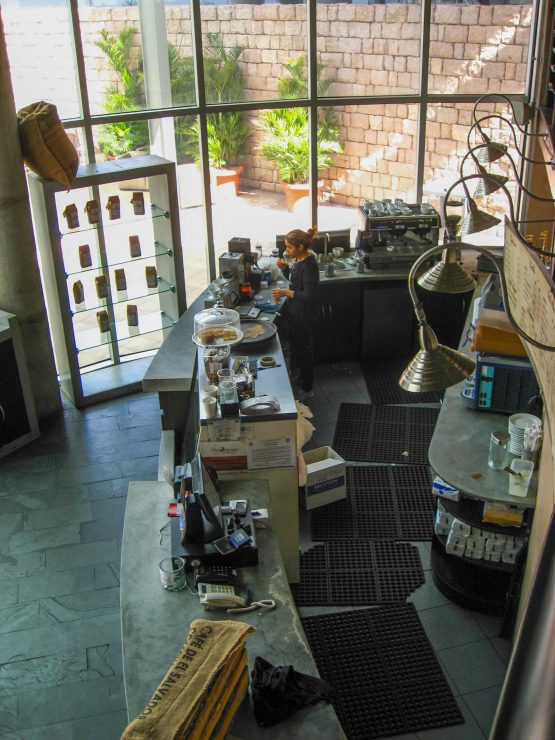
I returned to sit down and talk coffee with Federico Bolanos, who, it turns out, was not always interested in coffee. Not even after he met his wife Lily, a sixth-generation coffee producer. Bolano finally had that life-changing cup of coffee only after many years of being with his wife and taking part in the family business. One day, he asked his mother-in-law for a cup of coffee. When he finally took a taste, he mistook it for a cup of hot chocolate. He was amazed and wondered why he couldn’t get something like this all the time. This sparked the idea for Viva Espresso, with the dream of providing specialty coffee for consumption within El Salvador, for Salvadorans.
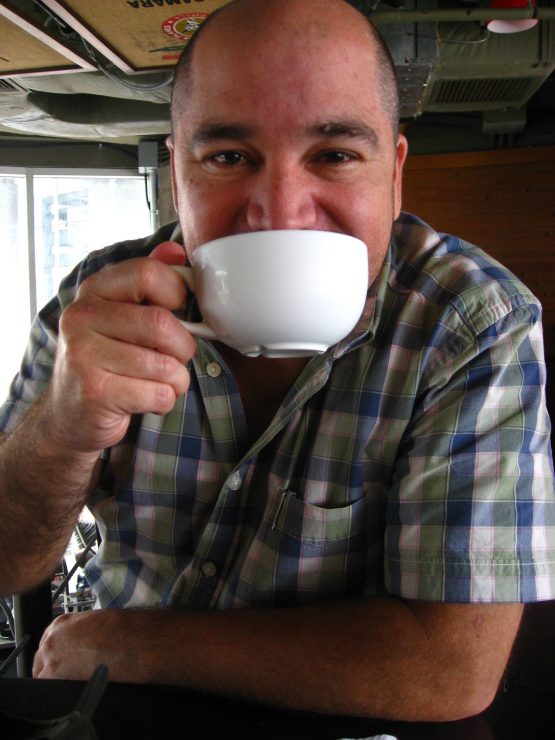
Sprudge: Being part of a niche market at origin, what changes have you noticed in your customers over the past ten years? Do you see the customer getting more educated about Salvadoran coffee?
Bolanos: We started from the basis of, first you have to understand coffee. Customers noticed a lot of the difference—we had really good coffee and tried to prepare it well. At first, there were only a few [places] doing good coffee and now there are new entrepreneurs. It’s exciting! You don’t feel so alone anymore. Suddenly, there are more people talking your language now. You don’t need to preach to customers, you need to get them excited about what you’re doing.
What can small producers do to help customers understand the value of what they are doing?
It’s a small country compared to other Latin American origins. This has its advantages and disadvantages—being small helps keep things manageable, but it also makes for a more competitive space. This has made entrepreneurs very aggressive and also creates a more separate industry. It’s about time to work together, bringing together those with the same mindset and share knowledge and experience. Creating more of an inclusive collective from pickers to the barista. This is more sustainable for everyone at origin.
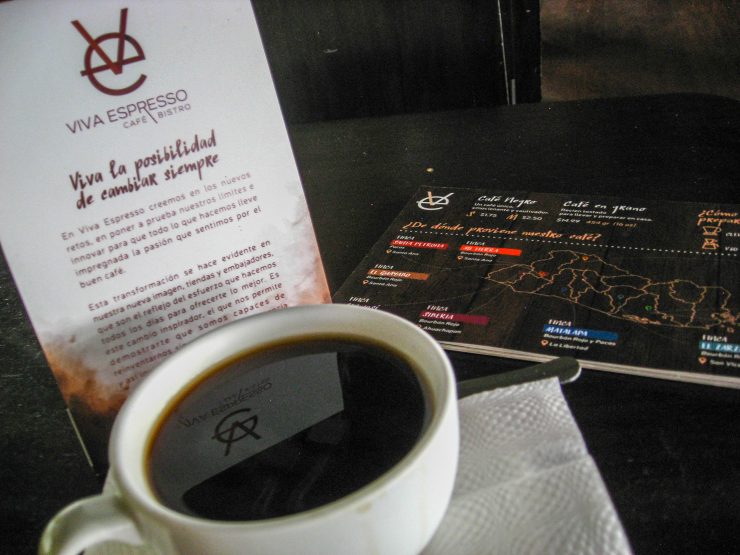
Being both a producer and cafe/roastery at origin, what has been the most difficult thing about trying to do both?
Early on, the market didn’t understand what specialty coffee was, so it was really hard to grow a roastery and a business. Now, the time is better because more customers are demanding better coffee from restaurants and other cafes. Forward-thinking baristas and barista competitions have helped bring unique ideas to producers and the forward-thinking producers have been quick to adapt to this market. It’s a growing collaborative effort and more producers are in touch with the others in the coffee chain.
Your company is known for excelling in barista competitions. What makes a great barista competitor?
I think first of all, I look for heart. I think if you find someone that has a really good upbringing, that has really good feelings in his heart—that you can tell it in his eyes, someone that sparkles with goodness, that’s the best heart. Those are the types of people I like to support…I always look for people and not baristas, that’s why most of the baristas at Viva Espresso don’t have a coffee background. They come from all sorts of places.
What’s most rewarding to you about coaching barista competitors?
I would have to say changing a person’s life forever [referring here to coaching 2011 World Barista Champion Alejandro Mendez]. Realizing that I did something meaningful for someone else. I gave him the opportunity to do something! Further, the effect that having a World Barista Champion in this country has had, in matters of motivation for young people to join the barista profession, has been tremendous.
Competition is the best learning tool. If you really think about it, it will make you not only learn how to beat the scoresheet, but most importantly, it will teach you how to be better yourself because it is designed to bring perfection in everything you do on bar. If you really want to do well in competition, first excel at the most important stage of all, which is right there with every cup you do, with every customer that walks in, every day.
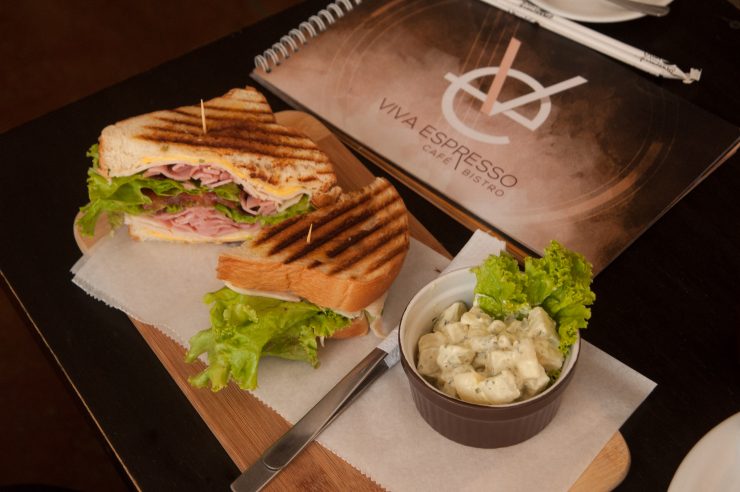
What’s next for Viva Espresso?
We are wanting to grow as a roastery more this coming year, expand wholesale to the San Salvador market, and potentially outside of San Salvador. Also, I’m excited about the new baristas we are working with. We are teaching them how to be patient and learn what they have to do, learn about how coffee works, and understanding why they are doing it that way.
And anything else?
I want to help a woman become a World Barista Champion.
Bronwen Serna is an American coffee professional and the 2004 United States Barista Champion. This is Bronwen Serna’s first feature for Sprudge.
*We see you, Hawai’i and California, but you know what we mean.














